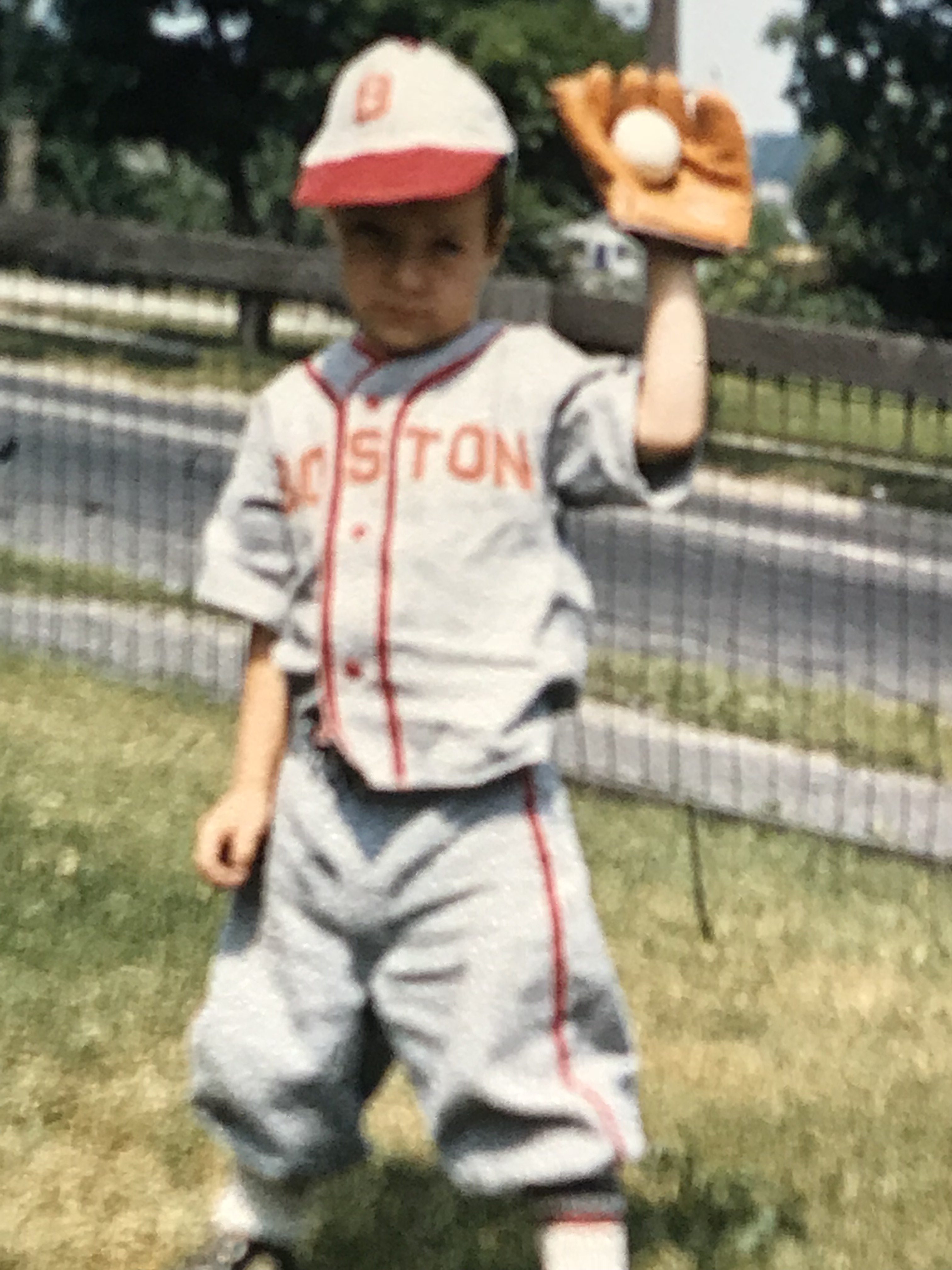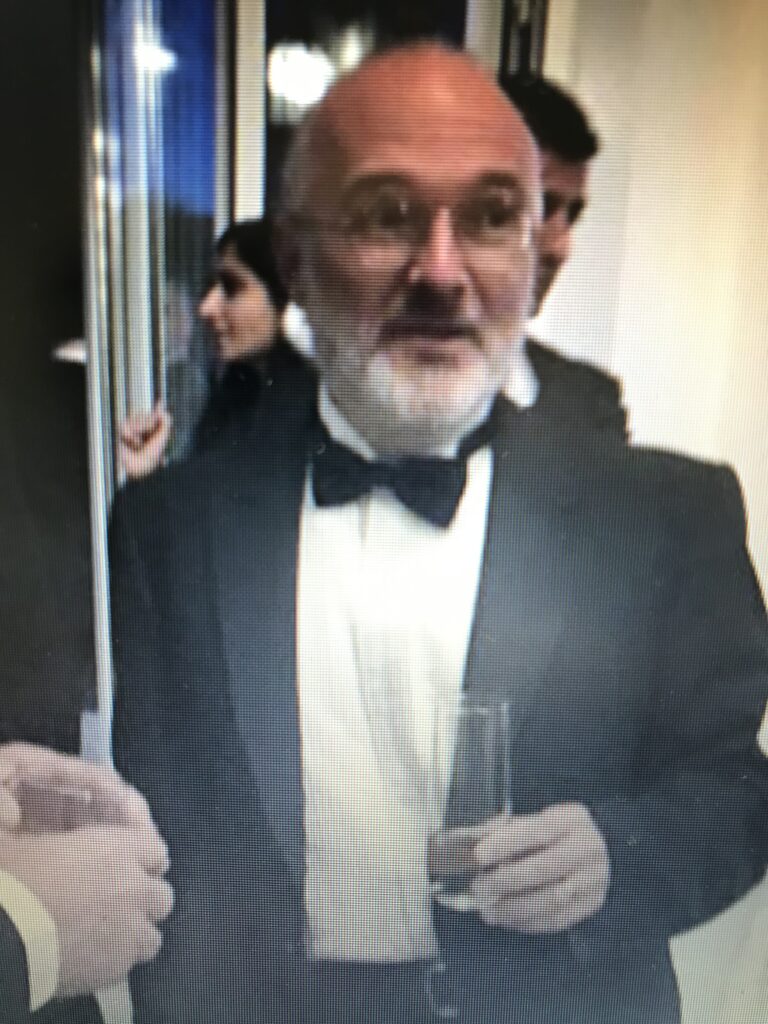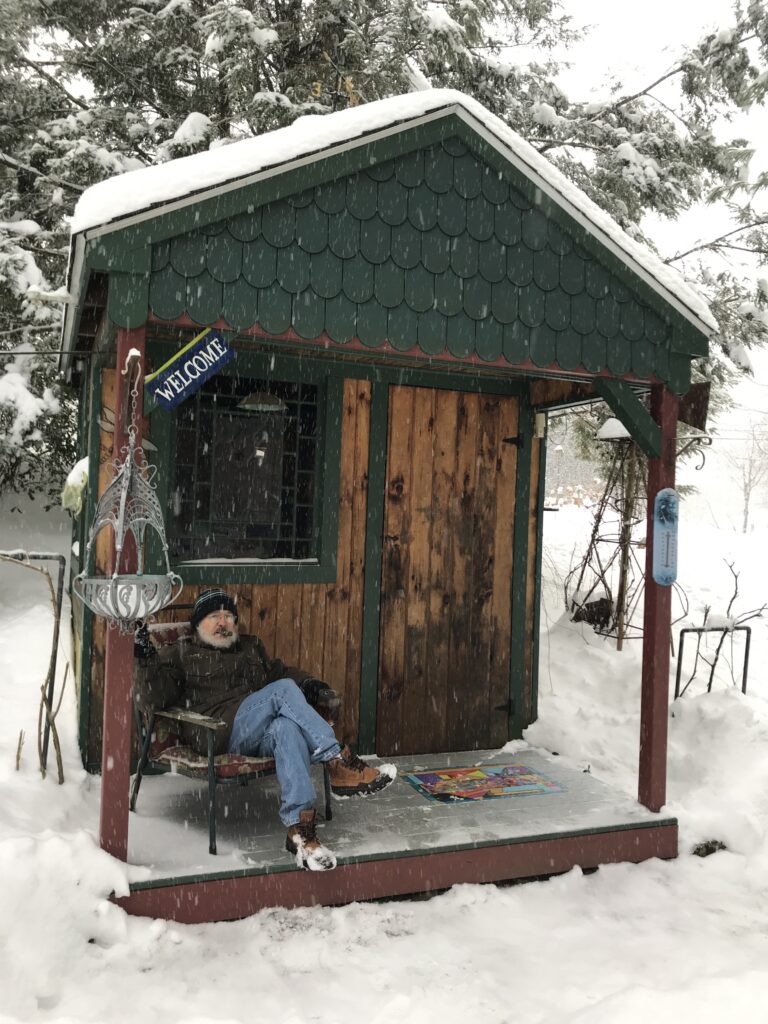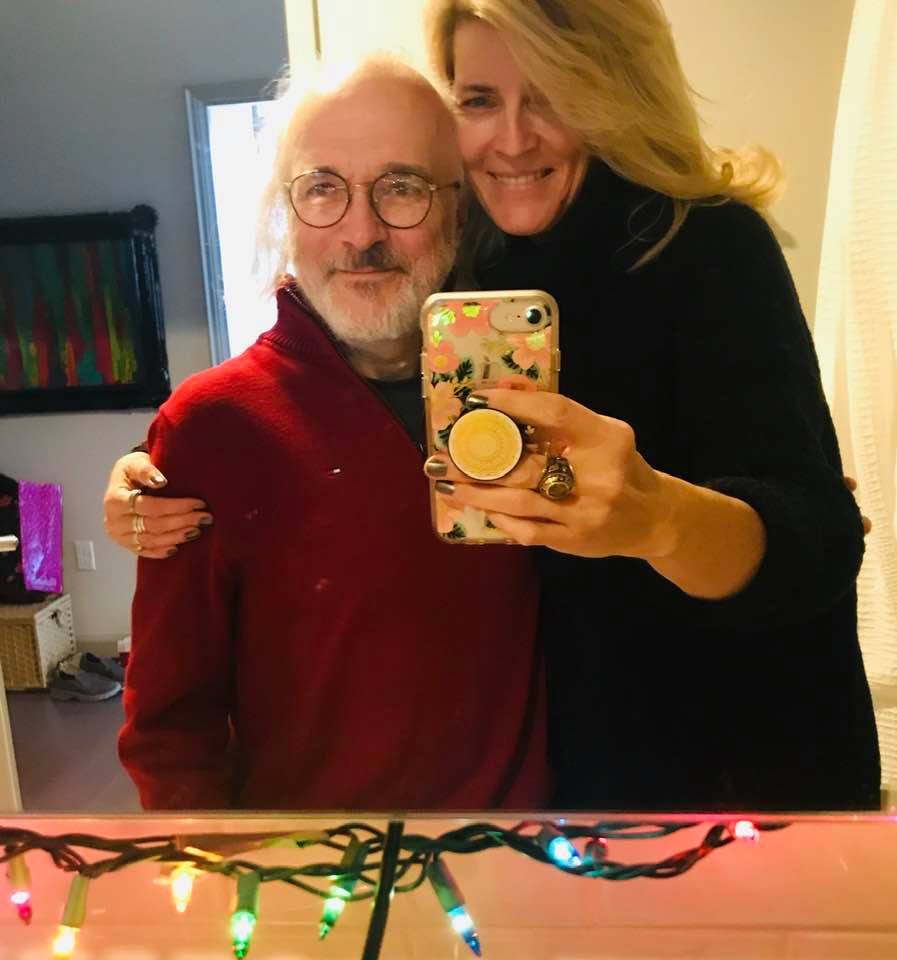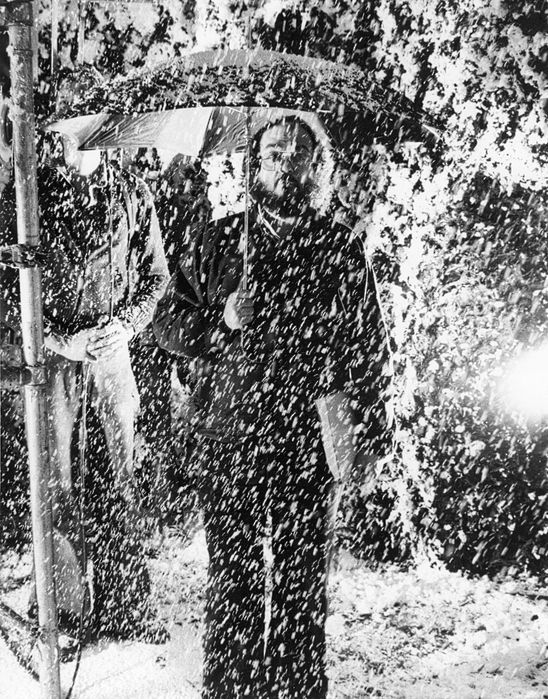ALLEN, CAST PRESENT A FULL “MOONCHILDREN” AT BTF’s UNICORN THEATER
A REVIEW OF “MOONCHILDREN”
NOW PLAYING AT THE UNICORN STAGE, BERKSHIRE THEATER FESTIVAL, STOCKBRIDGE, MASS., THROUGH JULY 16. BOX OFFICE (413) 298-5576 or ONLINE AT www.berkshiretheatre.org.
By DAN VALENTI
PLANET VALENTI Arts
(STOCKBRIDGE, Mass., JULY 7, 2011) — Michael Weller’s originally titled his play Moonchildren with the name of a disease. “Cancer,” however, places too much emphasis on the plot mover that figures into the play’s wrenching final scene.
Cancer opened early in 1971 in London. By the time the play debuted in America at the Arena Stage in November of that year, it had become Moonchildren. The Brits responded to the “americanisms” of the characters of Weller’s seminal look at U.S. college students caught up in mid-1960s turbulence in a way that led the playwright to make the change.
A title is far from a throwaway accoutrement. A title provides a hint of direction, a clue left by the author for the audience to use in solving the riddle of meaning. Moonchildren expands the title to fit all the characters in this ensemble piece, whereas “Cancer” puts the focus on one of them (angst-riddled Bob, played by Hale Appleman).
‘What’re Ya Gonna Do Now, Son. I Mean with Your Life’?
It’s the school year of 1965-66. Eight college students share an apartment off-campus to an unnamed college. It’s winter. It’s the Northeast. Seven are seniors, trying to figure out what to do next with their lives (a never-fail, coming-of-age conceit, as in the famous “Plastics” scene from the film, The Graduate). The remainder (the bookish Norman, played by Carter Gill) is a graduate student who has answered the question of “what’s next?” by opting for more school. The “real world” crouches just outside the apartment door, a beast ready to pounce with a ferocity that includes, for the young men, a likely stint in the friendly jungles of a far-off place called Vietnam.
The disease in this place isn’t cancer. It’s miscommunication, either its deliberate obliteration as seen in the sophomoric and astoundingly insensitive horsing around of Cootie (Matt Harrington) and Mike (Joe Paulik) or as a form of ineptitude. Communicte? They don’t know how.
These young people haven’t a clue about how to relate to each other as adults. The surety, safety, and security of post-WWII America, as well as their childhoods, have vanished by 1965-66. Sexual norms, nuclear anxiety, and the polarizing “conflict” in Vietnam have created the famous “generation gap.” The moonchildren have fallen into the gulf, free falling.
Director Allen: ‘One of Them,’ and to Their Advantage
Director Karen Allen, known mostly for her film work as an actress (Animal House, Raiders of the Lost Ark), is new to directing. Moonchildren is her second directed play. One can sense the advantage of this in Moonchildren. Allen is still one of “them,” an actor, that is, and with a cast this young, this has to be a plus. Evidence of the closeness of cast and director came at the end of the performance on press night, when the cast presented Allen with a signed, framed poster from the play. The most importance evidence is how the cast “puts out” to pull off this challenging play.
Working in John Traub’s set design, which Traub seems to have based on one of The Planet’s own communal college-year living spaces, strikes the perfect tone. The furniture is “early junk yard.” The tiled floor is as unfinished as the characters. Cabinets miss their doors, and clutter lines the perimeters.
The well-defined setting, however, cannot rise above one of the faults of Weller’s play: its diffuseness. There are too many actors with not enough to do. We have in addition to Bob, Norman, Cootie, and Mike four others: Dick (Aaron Costa Ganis) and his girlfriend Ruth (Miriam Silverman), plus the space-shot Shelley (Samantha Richert) and Bob’s sober girlfriend, Kathy (Norma Kuhling).
Bob: The Key to It All
Bob functions as the fulcrum or linchpin to the play’s theme. He’s just been served his draft notice, which he hides from Kathy. She finds out and sees in his hiding the notice a violation of their trust. She doesn’t realize how profound run the depths of Bob’s inner turmoil. He also hides from Kathy that his mom is dying of cancer. All this unfolds in the harrowing ending. The semester has ended. Everyone has moved out. Tellingly, the “goodbyes” are forced, almost regurgitated. Some leave with no goodbyes.
In the end, Bob runs out of facade. He doesn’t have a girlfriend to reflect light back on him, nor does he have the others with whom he can argue. He becomes invisible to himself. Bob dissolves. He presents a carefully crafted and maintained outer Self to the others. This is the “Bob” they think they know. The “outer” Bob (not even Bob know him) presents himself with aloof, sarcastic cynicism. All that disappears, though, in the end. He finally has to confront his bottled pain.
As Bob, Appleman — who one day might be cast in the lead of The Jimmy Page story based on looks alone — must carry the heaviest acting burden. He does so and does it well, to the point that one wonders if Appleman suffers from depression. His eyes have a look of one who’s just had a cry where the tears have all fallen on the inside. Is this acting or great casting? Appleman moves in a nervous, twitching manner, each gesture furthering to erect more of the wall he’s building between himself and the rest of the world (and between himself and himself).
As Bob’s shut-out girlfriend Kathy, Norma Kuhling runs sufficiently nonplussed. She manages to give her character definition, so that the audience has a sense of who she is. Good job. In the finale, when she visits Bob for the last time, her reactions ring true to character. Give more credit here to Kuhling and Allen than to the playwright.
Too Many Actors, Not Enough to Do So We Know “Who” They Are
The Planet has seen Moonchildren before. Every production we’ve seen runs into the problem of “too many actors clogging to small a stage with not enough to do.” We did and still do see this as a structural problem with Weller’s script, which strikes The Planet as “developmental,” an exercise done for a graduate class in play writing. We keep wanting to edit out Shelley, for instance.
Even in 1971, the character Shelly — the tripped out, spacey-new-agey moonshot — looked like a caricature that fails to capture a likeness. She comes into the play accidentally, having met Norman as a peace rally. She’s literally and figuratively the intruder. When he has Shelly sit under tables, Weller apparently forgot that while he was writing in the early 70s, the action takes place in 1965. There were not enough Shelleys in 1965 to present to an audience, not even as a human cartoon.
We’ve often pitied the actress stuck with this part. The role of Shelley has laughs, true, but they are cheap ones. The role provides too available a temptation to go over the top, and Samantha Richert gives in. Her spacey wonderment at bubbles, at everything, distract and annoy. A more experienced director might have reeled Richert in or even wrote the character out of the play. Next to nothing would be missed.
A Litmus Test for Acting Chops
Weller’s otherwise tight, clever script becomes a litmus test for acting chops. You have to be good and near-great to provide dimension to these characters and engage interest of the audience. Harrington and Paulik as Cootie and Mike pass the test, Harrington with a B and Paulik with an A. These Beevis and Butthead forerunners avoid the soon-to-arrive “real world” by not growing up. To them, everything’s a gag, and Paulik is a delight as the mischievous smart aleck Mike. Everyone who has ever lived in a college dorm or roomed with a bunch of guys knows a “Mike.” Paulik certainly does!
Ganis (B-) and Silverman (B+) do well as Dick and Ruth. As the bookworm turned into self-immolator radical peace-nik Norman, Gill doesn’t have much to work with. The transition of the character, while no fault of the actor of course, demands too much. Gill (B) manages to make lemonade from the lemon.
Andrew Joffe as Officer Bream and later as The Milkman inhabits the two small roles so that he steals both scenes in which he appears. First, he’s the Barney Fife-like cop who loves throwing his weight around to a roomful os college smart asses. Then, he’s the Mr. Peeble like milkman who’s trying in his own way to understand what “these kids” are all about. He becomes eye and ear candy.
Yeoman work is also done by Kale Brown (Mr. Willis/Cootie’s dad), Jesse Hinson (Ralph/Effing), Jeff Kent (Lucky), and David Wade Smith (Uncle Murray).
Costume designer George Veale mixes and matches outfits that look sufficiently “college-y. The Planet loves the touch of the Thom McCan desert boots Bob wears later on — strictly 1966. Sound designer relies on too much Bob Dylan. Can there ever be too much Dylan? Yes. In Moonchildren at the Unicorn. The pastiche of Moonchildren could use some Joan Baez and Judy Collins, for example, and begs for the Beatles, whose album covers appear in the set. Shawn Boyle has a snooze with lights. Job: Light a college apartment. No big deal.
Moonchildren is a far more difficult play to pull off than may first appear. Allen, cast, and crew do the job. We can call it a full Moonchildren.
————————–
ON THE THE COLONIALS GAME TONIGHT. JOSH CUTLER’S GAME STORY LATER.
“OPEN THE WINDOW, AUNT MILLIE.”
LOVE TO ALL.




